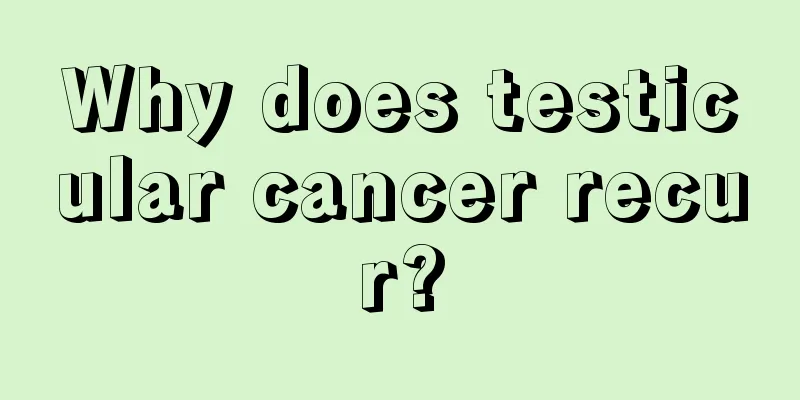What are the precautions for shock wave therapy?

|
Shock wave therapy is a treatment that does not require injections. There will be pain during the treatment. After the treatment, you should try to reduce fatigue in the affected area as much as possible and cooperate with proper exercise to achieve better recovery. Shock wave therapy technology is relatively mature. Its biggest feature is that it is non-invasive and can save patients from the pain of surgery and injections. After treatment, you should drink more water to better expel inflammation. First: The principle of shock wave A shock wave is a mechanical pulse pressure wave transmitted through a physical mechanical medium (air and water), which can produce multiple wave surfaces in a short period of time. The extracorporeal shock wave pain therapy system converts pneumatically generated pulse waves into precise ballistic shock waves. Through the positioning and movement of the treatment probe, it can produce good therapeutic effects on a wide range of human tissues where pain occurs. Mainly used in medical and sports rehabilitation fields. Second: Indications for shock wave therapy Calcific tendinitis of the shoulder Lateral epicondylitis Knee ligament disease Achilles tendon pain Plantar Fasciitis Patellar tendinopathy Tibial lateral syndrome Greater trochanteric bursitis Other tendon injuries Third: Precautions for shock wave therapy Generally, the interval between two treatments is 5-7 days, and 3-5 times constitute a course of treatment. One course of treatment for femoral head necrosis is 3-10 times. During the treatment, the patient will feel soreness and pain. Please communicate with the treating physician in time to adjust the impact energy. Some patients may experience redness on the treated skin after treatment, which usually disappears within half an hour. After treatment, please drink plenty of water on the same day to promote circulation and excrete inflammatory substances. In the early stage after a course of treatment, try to reduce exercise or exertion on the local injured area, and rest for 1-2 weeks to allow the treated area to fully heal. |
<<: What are the precautions after lip stitches
>>: What is the principle of ozone therapy
Recommend
How to eat nutritiously during confinement without gaining weight
The confinement period is a period that women sho...
Understand the symptoms of colon cancer and let the experts introduce them to you
Intestinal cancer is a disease that everyone need...
Several common manifestations of colorectal cancer
Among intestinal cancers, colorectal cancer is al...
What is the cause of acne on the jaw
For girls who love beauty, getting acne is a pain...
Learn about endometrial cancer
Endometrial cancer is a malignant tumor originati...
Can a 40-year-old with early-stage kidney cancer live to 80?
A 40-year-old patient with early kidney cancer ma...
Three dietary secrets for eternal youth
The kidneys are the source of a woman's beaut...
What causes thyroid cancer
What causes thyroid cancer? In recent years, the ...
The diagnosis is the standard for lymphoma
Early diagnosis of any disease can lead to better...
How high is the incidence of bile duct cancer?
The incidence of bile duct cancer is on the rise ...
What is the cure rate for various stages of testicular cancer?
Everyone should know the clinical staging of test...
What is the reason for feeling weak and listless
Nowadays, people are living in a very busy pace o...
What are the reasons why Christine horror movies are popular
In leisure time, everyone hopes to relax their bo...
Lower abdominal training exercises
Male friends must pay attention to the training o...
What are the characteristics of biological treatment for advanced liver cancer? Biological treatment for advanced liver cancer has four major advantages
Biological treatment for advanced liver cancer ha...









